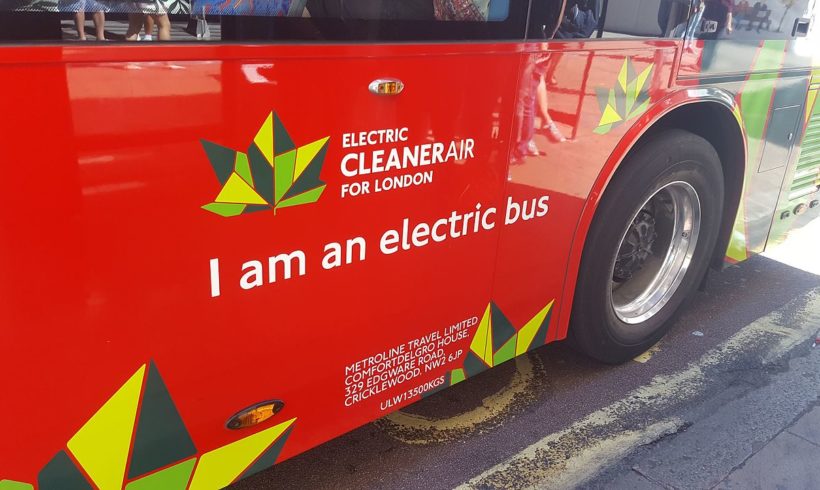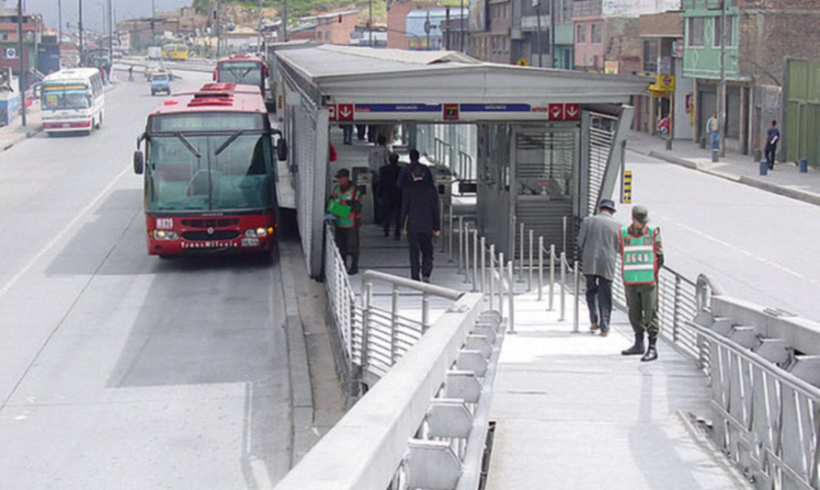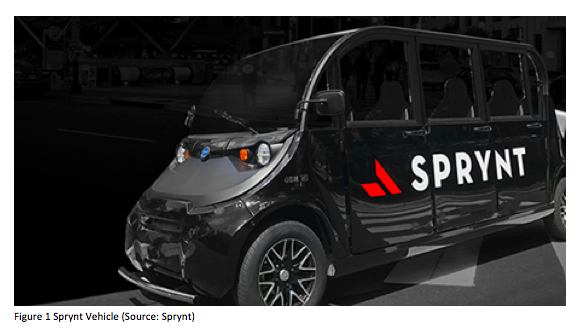As today’s urban areas house more than half the world’s population and produce more than 80 percent of global economic activity, cities are uniquely positioned to deliver sustainable solutions. However, poor local air quality and issues related to global climate change are negatively impacting the lives of millions. Promising solutions exist – cities are increasingly turning to low- and zero-emission buses to decrease environmental impacts while creating economic, environmental and health benefits, for example. Transitioning bus fleets to clean technologies can also improve quality of service and reduce costs in the long run. So why aren’t all cities closing the curtain on diesel-fueled fleets and transitioning to electric?
To better understand this question and evaluate the barriers that cities face when taking on electric buses, the Financing Sustainable Cities Initiative interviewed three experts in three different cities going through the process, each with the objective of improving quality of life for residents and their urban environment.




